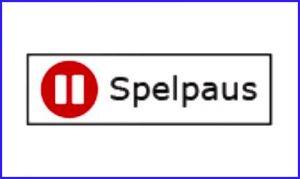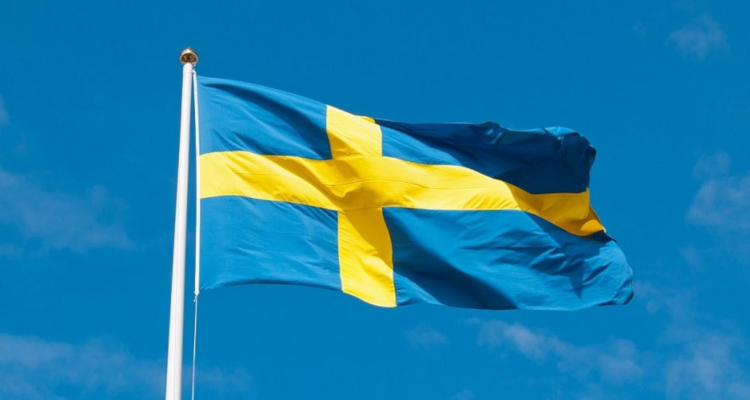In Sweden, the Spelinspektionen gaming regulator has reportedly announced the launch of a self-exclusion tool that has been designed to prohibit those that choose to sign up from being able to access licensed domains.
Marketing membrane:
According to Tuesday reports from IGBAffiliate.com and iGamingBusiness.com, the Spelpaus innovation has been premiered to coincide with the Scandinavian nation’s recent deregulation of online gambling and also prevents participants from receiving electronic marketing materials from licensed operators.
Customizable cutoff:
The new service reportedly additionally allows users to set a time limit on their exclusion from all things iGaming that begins at three months and runs up to the ‘until further notice’ designation, which lasts for at least one year. Spelinspektionen purportedly declared that more than 10,000 Swedes had so far signed up to the Spelpaus advance since its introduction on January 1 with most of these opting for the longest of the prohibition options.
Obstinate operators:
But, iGamingBusiness.com and IGBAffiliate.com reported that a pair of licensed operators in AG Communications Limited, which is a subsidiary of Aspire Global, as well as Genesis Global Limited is facing the possibility of serious sanctions after an investigation conducted by the Swedish regulator found that some self-excluded players were still able to access to their sites. The Spelinspektionen has purportedly written to both seeking explanations for the failures alongside details of how the matter is being rectified.
pair of licensed operators in AG Communications Limited, which is a subsidiary of Aspire Global, as well as Genesis Global Limited is facing the possibility of serious sanctions after an investigation conducted by the Swedish regulator found that some self-excluded players were still able to access to their sites. The Spelinspektionen has purportedly written to both seeking explanations for the failures alongside details of how the matter is being rectified.
‘Positive’ performance:
Anders Sims, Communications Manager for the Spelinspektionen, reportedly declared that the regulator’s Spelpaus tool ‘seems to work well with the system’ despite there being ‘a handful of gaming companies’ that have not yet met the ‘requirements set out by law.”
Sims statement read…
“Gambling abuse is a widespread social problem so it is positive that so many people have found the new service and use it as a tool to refrain from gaming and avoiding direct advertising from the gaming companies.”



